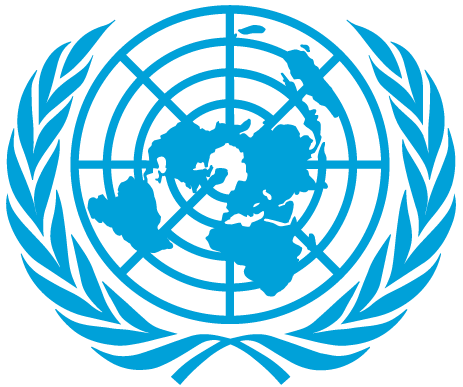It was in 1992 when the UN (United Nations Organisation) officially established the INTERNATIONAL DAY OF PEOPLE WITH DISABILITIES, recognising 3 December as an important anniversary from every point of view: social, ideological, practical. The following year, the European Community, in the wake of the rights, enshrined how the importance of this day should be reflected all over the world, not only to raise awareness of these topics among citizens, but also to find, together, solutions to improve their live’s condition and dignity.

PEOPLE WITH DISABILITIES IN EUROPE LIVE BELOW THE POVERTY LINE
The staggering numbers from post-Covid 19 pandemic tell us, in a synesthetic climax, how 29% of the people with disabilities in Europe live below the poverty line; of these, the majority cannot find work because of their physical and/or mental condition.
Convention on the rights of people with disabilities
Taking a step forward, we then arrive to 2006, the year when the CONVENTION ON THE RIGHTS OF PEOPLE WITH DISABILITIES was introduced, a convention promising equality between all citizens, equal dignity and, therefore, equal opportunities. Since that year, things have changed very little: in European cities and countries – Italy, unfortunately, among the top places in the rankings – structural occasional barriers for physically non-autonomous people continue to appear, as if by “no magic”, just as the mental health rankings, especially post-Covid 19, report an alarming situation of people with mental and psychological disabilities.

Inclusion
So what does it mean to have a day dedicated to these topics? Everything, but if you don’t get into the problem, then the risk is that it means nothing. Yes, because if we continue to use the word “inclusion” only as a guarantee of rights exercised and acquired, and without dwelling on the basic needs that people with disabilities really have, the road may become even longer than expected.
Alongside this, we really have to start considering what is written in the “Dopo di Noi” (After Us) bill dated 25 June 2016, a text that invites us to reflect on the question that haunts entire families that have a person with a disability within them: what will happen when parents, brothers, sisters, relatives or friends decease? Where will these people end up? Yes, because we are talking about people and there is only one statement to make on such matters: nobody should feel excluded. Nobody. Therefore, the path of information as well as the importance of help – sometimes tangible, sometimes practical – is the only one to take if we want to finally respect those who live beside us.

 Fasana, ISTRIA
Fasana, ISTRIA 
